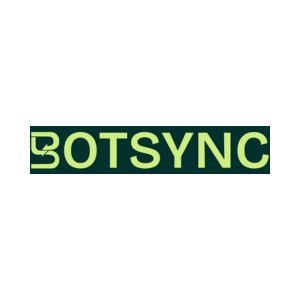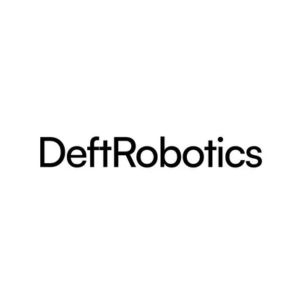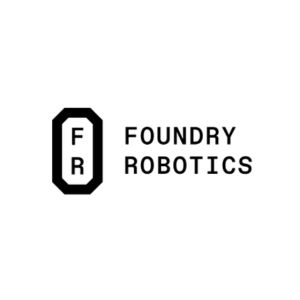Startups & Business News
Bell Canada and Cohere: A New Era for Sovereign AI in Canada
KEY POINTS
Bell Canada and Cohere have announced a strategic partnership to deliver sovereign, full-stack AI solutions for Canadian government and businesses.
The collaboration focuses on domestic data residency, security-first AI, and aligns with Canada’s national push for AI infrastructure sovereignty.
Bell AI Fabric will host Cohere’s agentic AI platform North and advanced large language models in six new hydro-powered data centres located in British Columbia, targeting 500 megawatts of capacity by 2027.
- Canada’s federal government backs the strategy, channeling over $2 billion into domestic AI capacity and providing up to $240 million for Cohere’s infrastructure development.
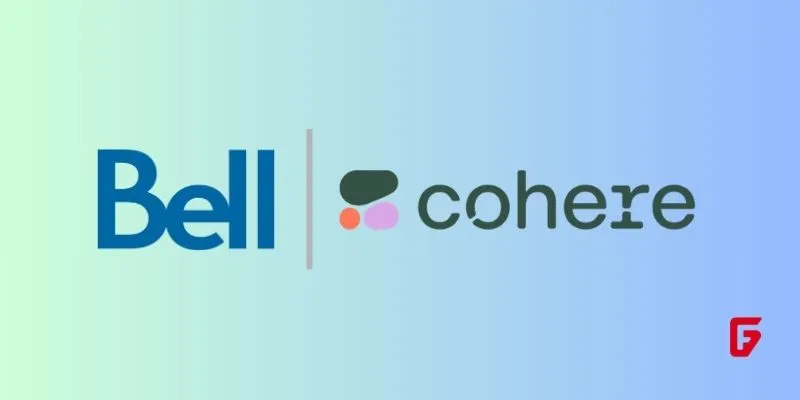
Canadian-Made AI, Homegrown Sovereignty
Bell Canada has joined forces with Toronto-based AI leader Cohere to launch a new standard for sovereign AI infrastructure in Canada. This isn’t just another tech deal—it’s a shift in how Canadian organizations, especially those in regulated sectors, can leverage artificial intelligence while keeping their data secure, local, and entirely under national control.
“At a critical time for Canada, we’re proud to partner with Cohere to create a sovereign, full-stack AI solution, custom-built to support Canadian government and business. Working together, we will both transform Canadian businesses through cutting edge AI capabilities, while ensuring that the data remains secure and within Canada.”
–Mirko Bibic, President and CEO, Bell Canada
The AI Fabric—Not Just a Buzzword
At the heart of this partnership is the Bell AI Fabric. Announced earlier this year, it’s a nation-spanning network of AI-supercharged data centers running on clean hydroelectric power. The first of these centres opened in Kamloops, BC, with more on the way, aiming for a massive 500 MW of AI compute capacity by 2027. This gigantic leap means governments and enterprises can now build, deploy, and scale their AI capabilities all within Canadian borders—no data crossing oceans, no waiting for approvals from foreign regulators.
Trusted AI: Why Data Residency and Security Matter
With Cohere’s North platform and custom large language models running on Bell’s infrastructure, organizations get access to world-class artificial intelligence (AI) tools, all hosted securely in Canada. This addresses some of the top worries for government, finance, and healthcare: data sovereignty, privacy, and compliance with strict national standards. As demand for AI ramps up, keeping sensitive information local isn’t just smart—it’s sometimes required by law.
More Than a Business Move: National Strategy in Action
This partnership is tightly aligned with Canada’s Sovereign AI Compute Strategy, a federally-backed initiative pumping over $2 billion into building up the country’s AI muscle. Cohere alone is receiving up to $240 million for new infrastructure, including data centres, through partnerships with homegrown and North American cloud pioneers.
Government ministers are already celebrating this as a major leap, matching Canada’s AI ambitions with real, boots-on-the-ground investments.
Fuel for Canada’s Next Wave of Tech Growth
For Bell, this collaboration with Cohere supercharges its technology consulting arm, Ateko, as it aims to become a $1-billion tech powerhouse. The synergy is clear: Cohere supplies the cutting-edge AI tools, Bell supplies the scale, security, and nationwide network, plus consulting and services that organizations need to turn AI potential into productivity gains.
The Path Forward
If there’s a theme, it’s about enabling innovation on Canada’s terms. The days of relying on foreign servers and vendors for the backbone of national digital strategy are fading. With Bell and Cohere, Canada is setting a template for a sovereign, citizen-first approach to AI, ensuring reliability, privacy, and homegrown technical strength.

futureTEKnow
Editorial Team
futureTEKnow is a leading source for Technology, Startups, and Business News, spotlighting the most innovative companies and breakthrough trends in emerging tech sectors like Artificial Intelligence (AI), Robotics, and the Space Industry.
Discover the companies and startups shaping tomorrow — explore the future of technology today.
Most Popular
Trending Companies
Latest Articles

AI-Driven Operational Excellence: How Leaders Scale Ownership, Discipline, and Continuous Improvement in 2026
In 2026, AI scales operational excellence fundamentals—clear ownership, disciplined execution, and continuous improvement—letting leaders focus on outcomes while systems handle
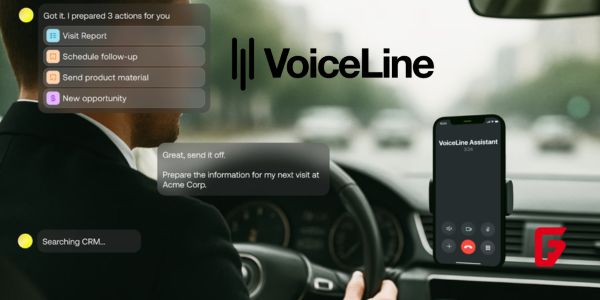
VoiceLine raises €10M to scale voice AI for enterprise frontline teams
Munich-based VoiceLine has closed a €10M Series A round to grow its voice AI platform for frontline sales and service

AI-Driven Logistics & Distribution Transformation: From Insight to Scalable Impact
AI is redefining logistics transformation—from network design to real-time execution. This article explores how data-driven insight, intelligent automation, and scalable
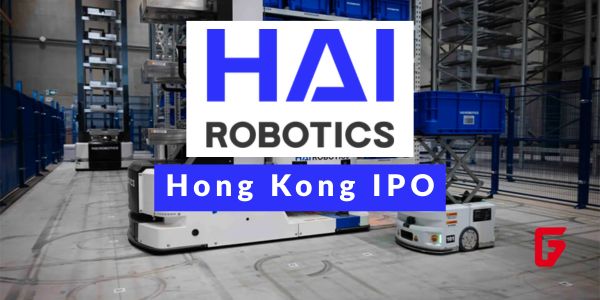
Hai Robotics Hong Kong IPO: From Startup Funding to Warehouse Robot Leader
Shenzhen’s Hai Robotics, pioneer in ACR warehouse robots, files for HK IPO after raising over $500M in funding rounds led

AI-Enabled Process Engineering & Continuous Improvement: Designing Systems That Learn
Explore how AI transforms process engineering and continuous improvement into self-learning systems. This article explains how organizations can design operations
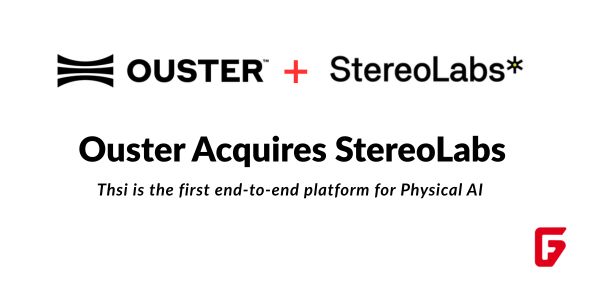
Ouster Acquires StereoLabs: Unified Physical AI Sensing Platform Launches
Ouster’s $35M StereoLabs acquisition fuses lidar and ZED cameras into end-to-end Physical AI sensing. Founders Cecile Schmollgruber and team drive

Bretton AI Lands $75M Series B Funding to Scale AI Agents for Financial Crime and AML/KYC Compliance
Bretton AI’s $75M Series B modernizes AML KYC compliance via AI agents, slashing staffing costs for banks and fintechs like

Axiom Space Raises $350M to Build Commercial Space Station and NASA Spacesuits
Axiom Space has locked in a fresh $350M raise to push its commercial space station and NASA lunar spacesuits toward

Foundation Humanoid Robot: Phantom MK1 Overview, Military Plans, and Factory Deployments
Foundation’s Phantom MK1 humanoid robot hits factories and eyes military use. Check specs, pilots, and bold 50k goal by 2027.
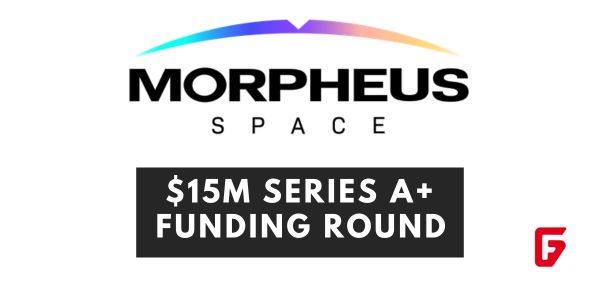
Morpheus Space Raises $15M for GO-2 Electric Propulsion Mass Production
Morpheus Space secures $15M funding for GO-2 electric propulsion mass production. Learn how this boosts satellite mobility with efficient thrusters.

Designing Warehouse Automation Through Operating Strategy
Discover how leading companies design warehouse automation through integrated operating strategies. Learn how AI, robotics, and adaptability drive efficiency and

Bedrock Robotics Raises $270M Series B: Autonomy for Construction Boom
Exciting news: Bedrock Robotics just scored $270M in Series B to power up autonomous machines on job sites. Led by
futureTEKnow is focused on identifying and promoting creators, disruptors and innovators, and serving as a vital resource for those interested in the latest advancements in technology.
© 2026 All Rights Reserved.
![Discover the top 10 AI companies in Germany [1st Edition], revolutionizing industries with cutting-edge technology and innovations.](https://futureteknow.com/wp-content/uploads/2025/02/Top-10-AI-Companies-in-Germany-Leading-the-Tech-Revolution-futureTEKnow.jpg)




